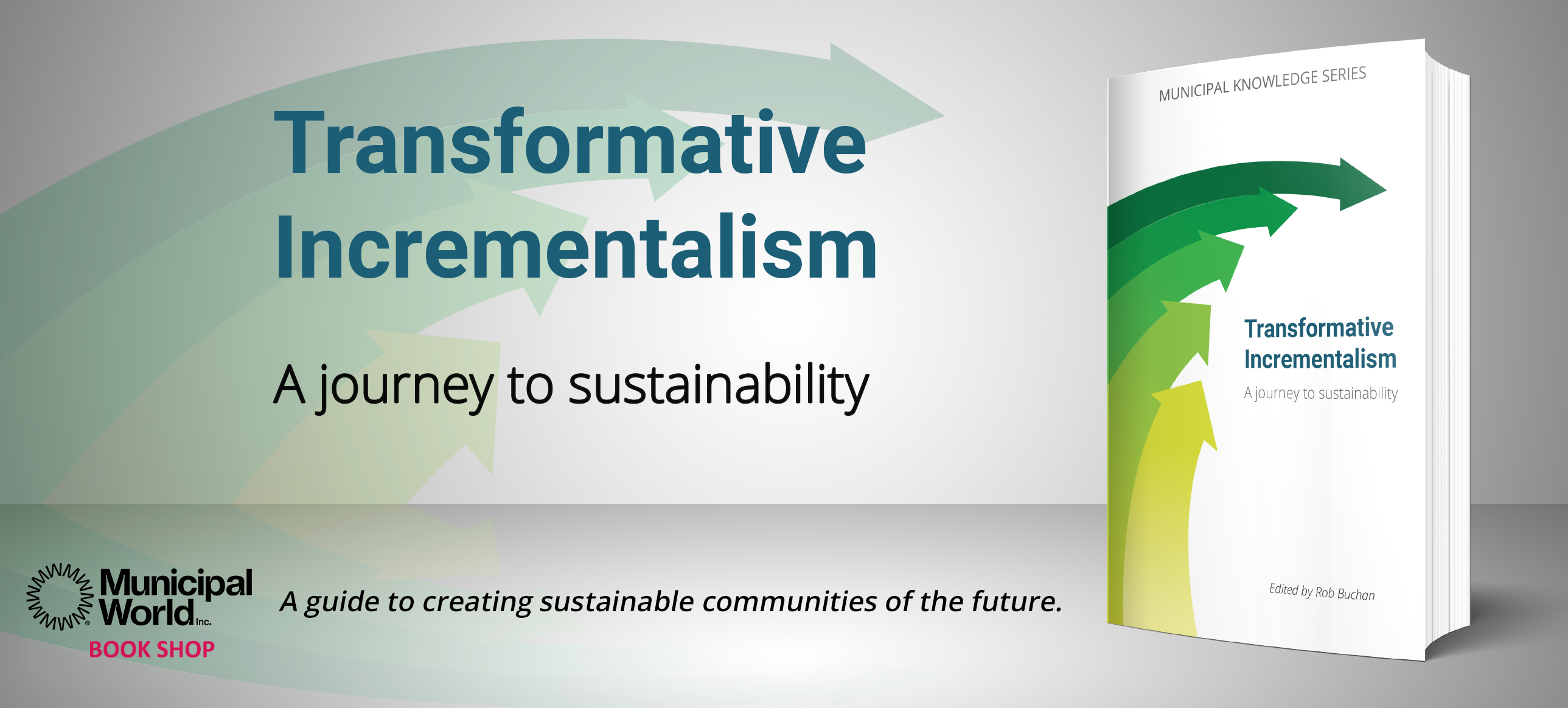For local governments, everything is about to change ... right now

The world is changing around us … and there’s nothing we can do about it except for embrace it and adapt. That was the message that author, speaker, former Alberta MLA, and Municipal World contributor Doug Griffiths shared with the crowd at the 2018 AUMA convention in Red Deer, Alberta. But, rather than a doom and gloom “woe is us” type message for communities, Griffiths presented this as an opportunity and a challenge – provided that municipalities step up to the plate and embrace change, rather than getting leapfrogged by failing to adapt.
The Pace of Change is Getting Faster
During the presentation, Griffiths pointed to the famed Henry Ford quote, “If I had asked people what they wanted, they would have said faster horses” (instead of the cars that became ubiquitous only a generation later). Sometimes, people don’t get it right about change. Change is scary; change is unfamiliar; and, the reality is, it’s only going to come faster.
Continuing that automobile theme, Griffiths made the case about LIDAR – the technology that’s been used to power self-driving vehicles. Everyone predicted it would take a generation from the initial technology (a massive piece that cost over $100,000) to become usable in commercially made vehicles because of the size and cost. It’s taken less than 10 years. And, it has the potential to revolutionize the way we think about transportation.
It represents only one example of the vast array of changes that are coming: medicine, engineering, business, recreation, tourism, and more … there’s almost no predicting what the future might hold. Robot anesthesiologists and self-diagnosing toolkits are already being tested with success, and traditional white-collar professions of law and engineering will be challenged by artificial intelligence. Griffiths predicts that there may come a point where technology is so advanced that physical school buildings are not even needed. It’s not just blue-collar jobs that are being threatened. These are serious, game changing industries … to say nothing of governance.
Humans began the industrial revolution a few centuries ago. The first man walked on the moon a half century ago, and modern cellphones have greater computing power than the rocket that put him there. Things like Moore’s Law, Kryder’s Law, and Rose’s Law dictate the pace of computing power is doubling within times that are better measured in months than years. Meanwhile, we still have people looking for fax machines and getting hung up on fixed assets. The time is going to come when we have to embrace changes, or we face serious consequences.
There’s No Way to Fight It
The reality is that people are resistant to change. There’s no stopping that. But here’s the reality – these people aren’t necessarily helpful. Griffiths pointed to a number of acronyms to describe them: NIMBYs (Not In My Back Yard), BANANAs (Build Absolutely Nothing Anywhere Near Anyone) and CAVEs (Citizens Against Virtually Everything).
The one other term he used as a comparison: Luddites. The people who rallied and railed against industrialization in Britain for the threat against the status quo. The ones who threw wrenches into mechanical looms for fear of putting traditional employees out of work. Now, they are but a footnote to history, unable to stop what they were rallying against. The point? Anti-change cultures die off. They get passed over for opportunities, they lose their younger generations, and they get lost in modern society. It means that our communities have to lead, to be the source of innovation that gets exported to the world, or they risk being left behind.
What It Means for Local Government
As Griffiths suggested that while local governments have among some of the most important roles in society, “most communities are just getting ready for today.” Innovation is difficult at the government level. The term “doing more with less” seems to have been made for local government. And yet, we almost can’t afford to not innovate.
Take, for example, some major infrastructure projects: a new subway or a major revamp of a ring road around an urban centre. Between getting financing, designing, building, and consulting with the public at every stage of the process, it’s likely to take at least a decade before the project is complete. What happens if no one uses the subway because the autonomous car market has advanced so much that it is now easier – and cheaper – to use an app to call a vehicle to take you wherever you need to go? The technology is coming and we need to find solutions. Griffiths suggests that, within 15 years, a mid-sized city is going to look at the landscape and say no more driving – that roads are reserved for autonomous cars. Ambitious? Absolutely. Impossible? That remains to be seen …
Another key challenge that communities of all sizes face is the fate of their downtowns. Small towns can’t compete with larger ones, who can’t compete with big cities, who ultimately can’t compete with online ordering from companies like Amazon. As technology improves, going out to buy things is almost going to be an antiquated idea; it means that our communities are going to have to revitalize their cores through community, through socialization, through experiences – and that’s going to take a shift.
Energy, manufacturing, food, transportation, and even our values are changing. The changes in our society are producing a new generation for whom the standard way of working doesn’t make sense. We’re looking at a future that is more collaborative, more issue driven, and less inclined to wait for bureaucracy to make something happen. Communities are going to be forced to embrace this, to cut through the red tape – or else the next generation will go somewhere that will. Lead or be leapfrogged. Lead or die.
It’s a changing world. It’s scary, but there’s hope. Our local governments are filled with dedicated people who care about their communities. All it’s going to take is embracing change and finding ways to make our communities adapt with the times. And it starts now. MW



